Manuel Neuer, Germany
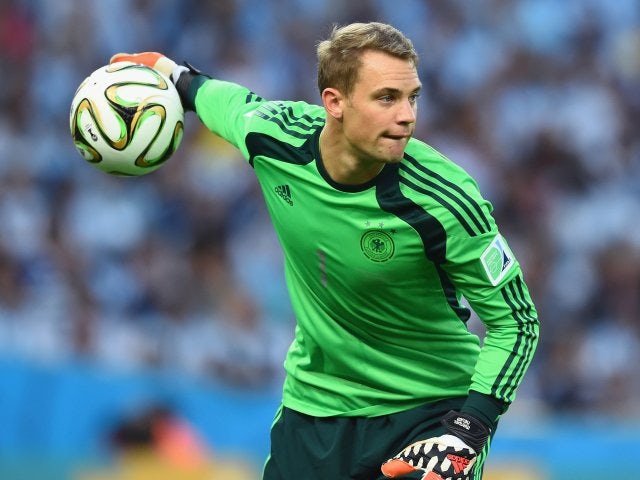 © Getty Images
© Getty Images
The German was so good over the course of his seven appearances that he created a whole new position - the sweeper-keeper. It was his performance against Algeria in the first knockout round where Neuer displayed his credentials with the ball at his feet, before he went on to make crucial saves in the quarter-final victory over the French. Even in the demolition of the hosts, the Bayern Munich keeper made a number of stops. Then, in the final, while he wasn't forced into making a save, his imposing presence allowed him to make numerous catches and punches to alleviate the pressure.
Pablo Zabaleta, Argentina
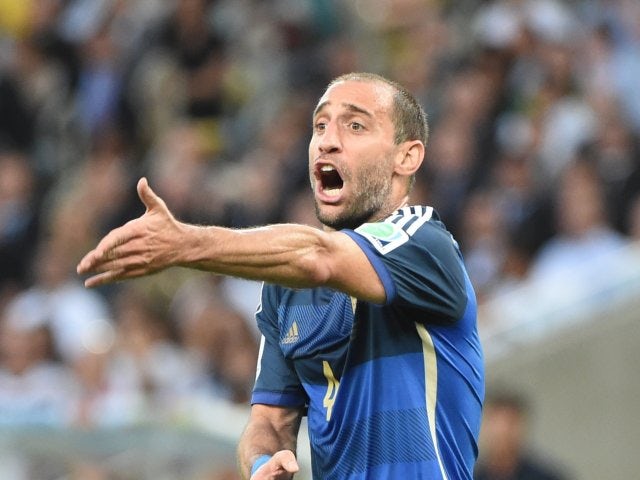 © Getty Images
© Getty Images
World Cup-winning skipper Philipp Lahm will get the vote of many people for this position, but the 30-year-old spent a portion of the tournament playing in the holding midfield role. As for Zabaleta, he was a consistent performer in the right-back slot. The Argentine has earned himself a reputation as a tough and uncompromising defender in the Premier League - characteristics that he took into the World Cup. Not only was he a key member of a rearguard that did not concede a goal between the last 16 and the semi-final, he also showed great energy in getting forward to support his teammates.
Giancarlo Gonzalez, Costa Rica
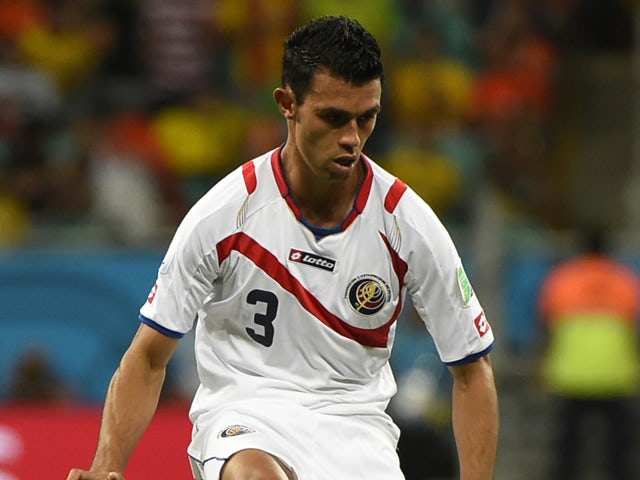 © Getty Images
© Getty Images
While the likes of Joel Campbell and Bryan Ruiz received the plaudits for Costa Rica's unexpected run to the quarter-finals, Jorge Luis Pinto's men were built on solid foundations. Over the course of his side's five outings, centre-back Gonzalez didn't put a foot wrong. He made crucial challenges and clearances as the Central Americans conceded just one goal in a group that contained three previous world champions. His battling qualities really came to the fore, though, as 10-man Costa Rica defeated Greece on penalties and then shut out the Dutch, only to lose on kicks from 12 yards out.
Ron Vlaar, Netherlands
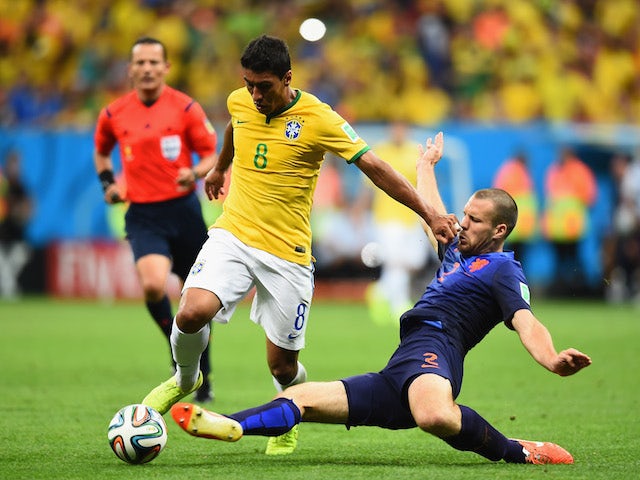 © Getty Images
© Getty Images
Like his fellow countryman Lahm, there will be those clambering for Mats Hummels to claim one of the two centre-back berths. Yet, it's difficult to ignore the displays that Vlaar has put in. Viewed no more than a journeyman defender with Aston Villa, the 29-year-old was a prominent figure in a Dutch team that kept four clean sheets from their seven encounters. He may have seen his penalty saved in the semi-final shootout loss to Argentina, but his performance over the entire 120 minutes was one of the standout exhibitions of defensive play of the entire tournament.
Daley Blind, Netherlands
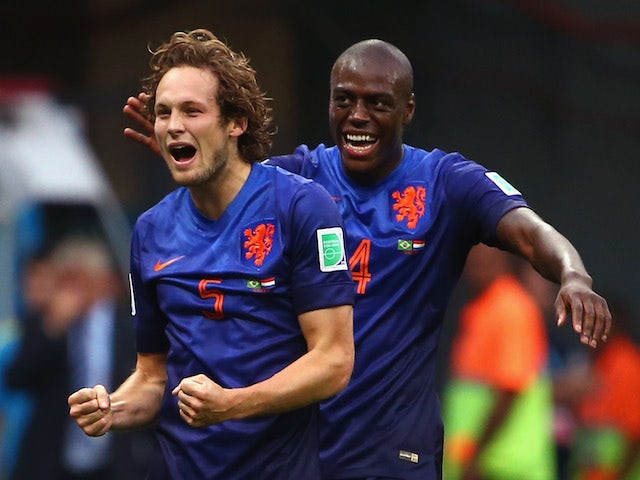 © Getty Images
© Getty Images
This World Cup will be looked back upon as the one where Blind came of age on the world stage. He headed to Brazil with the accolade of being named the Dutch Footballer of the Year - form which he took into the competition. Playing at either left-back or left wing-back, Ajax's utility man was a consistent performer. He made two assists in the group opener against Spain, including a perfect cross for Robin van Persie to score that header. He then iced his own cake by scoring his first ever international goal against the hosts as Holland secured third spot.
Javier Mascherano, Argentina
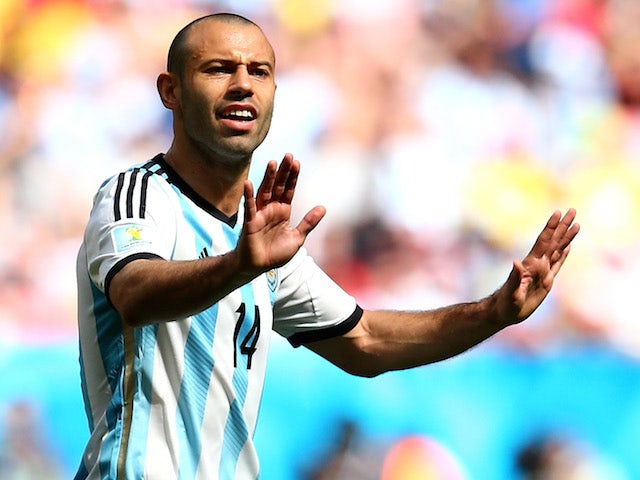 © Getty Images
© Getty Images
After playing almost two seasons in a central defensive position with Barcelona, Mascherano reverted to his more usual double-pivot position in the heart of the Argentine midfield. Having been away for so long, the 30-year-old could have been forgiven for taking some time to blow away the cobwebs, but he hit the ground running with some steady performances in the group stages. As the South Americans advanced, so did the standard of Mascherano's displays, which culminated in him arguably producing the tackle of the tournament to deny Arjen Robben what looked like a certain goal in the semi-finals.
Bastian Schweinsteiger, Germany
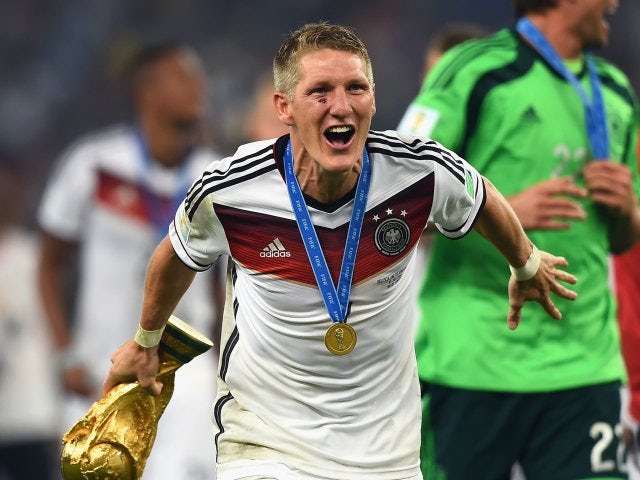 © Getty Images
© Getty Images
The German midfield unit are queuing up for a place in this team, but there's only space for one alongside Mascherano. Sami Khedira grew into the tournament, while although impressive on occasions, Toni Kroos had a tendency to have spells where he was not involved in the game. All that means that Schweinsteiger, who came into the tournament struggling for fitness, gets the nod. He missed the group opener against Portugal, but returned thereafter to produce a string of decent, high energy performances. Perhaps he saved his best until last in the final, where he even outshone his Sports Mole XI teammate Mascherano.
Arjen Robben, Netherlands
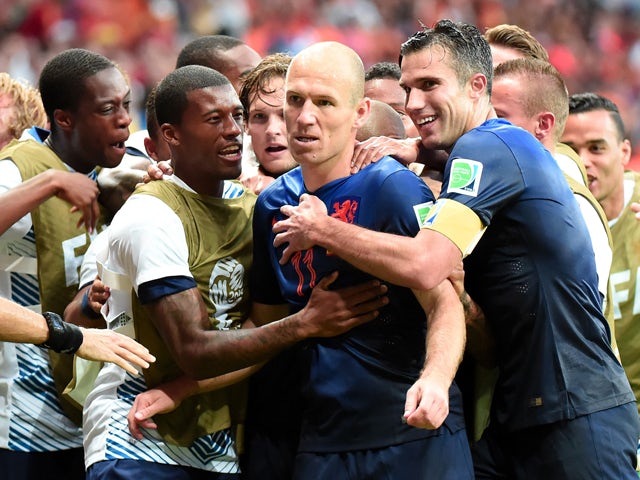 © Getty Images
© Getty Images
Like a fine wine, it would seem that Robben is getting better with age. There was no better performer during the group stages, with his showing in the demolition of holders Spain alongside Van Persie sure to live long in the memory. Those performances made him a marked man from then on, which meant that in the knockout phase, the Bayern Munich winger needed to be more selective as to when he raided forward. Although not as scintillating as he had been earlier in the competition, the speed merchant was still able to win decisive penalties in victories over Mexico and Brazil.
Thomas Muller, Germany
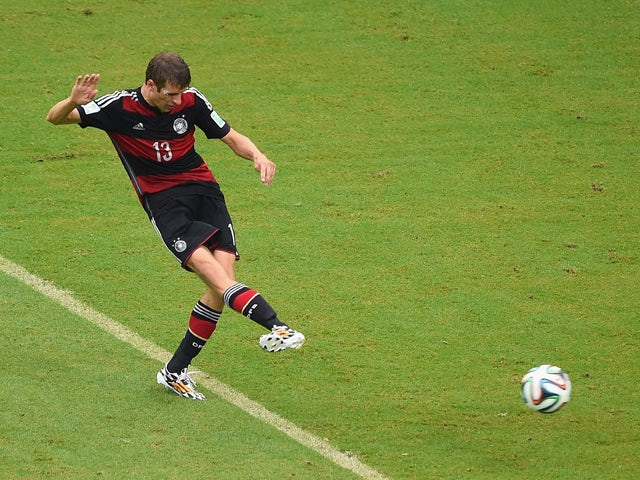 © Getty Images
© Getty Images
Even after the tournament has concluded, it's still difficult to pinpoint what Muller's position actually is. The 24-year-old will often start in a central role, but can later be found popping up on either flank, which makes him a nightmare to mark for defenders. His campaign in Brazil got off to the perfect start with a hat-trick against Portugal, before he scored the winner against the USA to secure progression through to the knockout stages. What's more, it was his goal that started the rout against the Brazilians, which took his tally at the World Cup to 10 from two tournaments.
James Rodriguez, Colombia
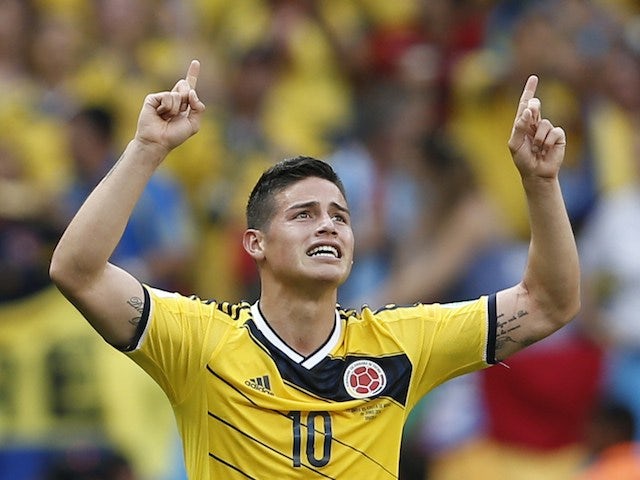 © Getty Images
© Getty Images
The Monaco attacker will have awoken this morning still in disbelief that he didn't win the Golden Ball award for the tournament's best player. In what was a vibrant Colombian side, Rodriguez was the jewel in the crown. Even though his team only reached the last eight, the 23-year-old was still the competition's leading goalscorer with six strikes. If his deft chipped against Japan was one to remember, his effort against Uruguay, which saw him volley in via the underside of the crossbar from 25 yards out, is rightly considered to have been the tournament's best strike.
Lionel Messi, Argentina
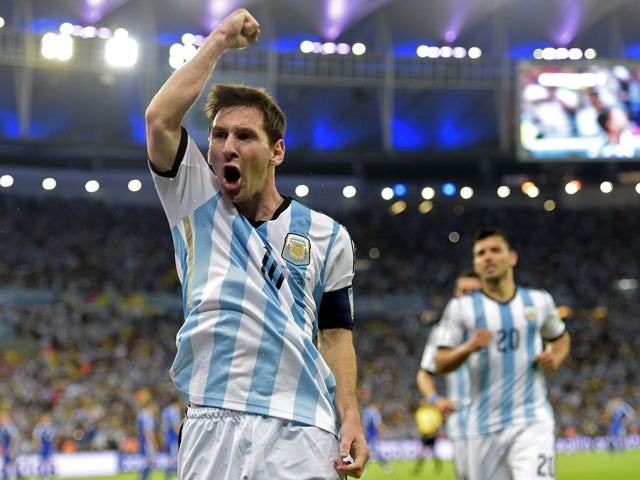 © Getty Images
© Getty Images
It was somewhat of a shock that Messi was awarded the Golden Ball - even he looked a tad embarrassed to be given the trophy. Even so, that shouldn't deter from the fact that he did more than enough to feature in this lineup. Granted, he may not have been at his devastating best in the knockout stages, yet he was still heavily involved in winning goals scored by Angel di Maria and Gonzalo Higuain. As for the group phase, the Argentines would have struggled to qualify without him. He scored four goals, including a stoppage-time winner against Iran.









